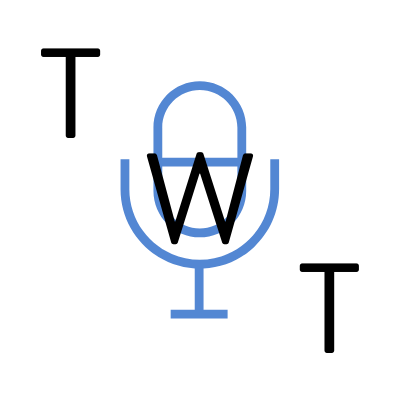Episode 139: Karen Wilson: Technology Supports for ADHD, Dyslexia, and Language-Learning Disorders
This week’s episode features Rachel’s interview with neuropsychologist Dr. Karen Wilson! Dr Wilson shares some of the treatment approaches and assistive technology tools she uses to support children and adults with ADHD, dyslexia, dysgraphia, and language-based learning disorders.
Before the interview, Chris and Rachel answer a reader’s question looking for more on the "Specific Language System First Approach" from the TWT episode with Erik Engar. Chris tells the story of how this term came to be used, revisits some of the reasoning behind this approach, and shares some resources for learning more about it!
Key ideas this week:
🔑 Classroom accommodations that can help children with ADHD include: private signals between a teacher and the student to refocus attention, breaking down instructions into smaller chunks to support working memory, and eliminating distractions with strategies like preferential seating.
🔑 Mindfulness helps with decreasing anxiety, increasing self-regulation, and and improving focus. Using a mindfulness app before beginning schoolwork can help people with ADHD increase focus and get ready to learn.
🔑 Listening to audiobooks (while following along with the printed text) can help children with dyslexia improve their reading comprehension, because they can spend more effort on comprehending the material and not use up all their energy simply decoding the words.
Links & Tools
AAC Spotlight Slides:
Mindfulness:
ADHD:
Dyslexia:
